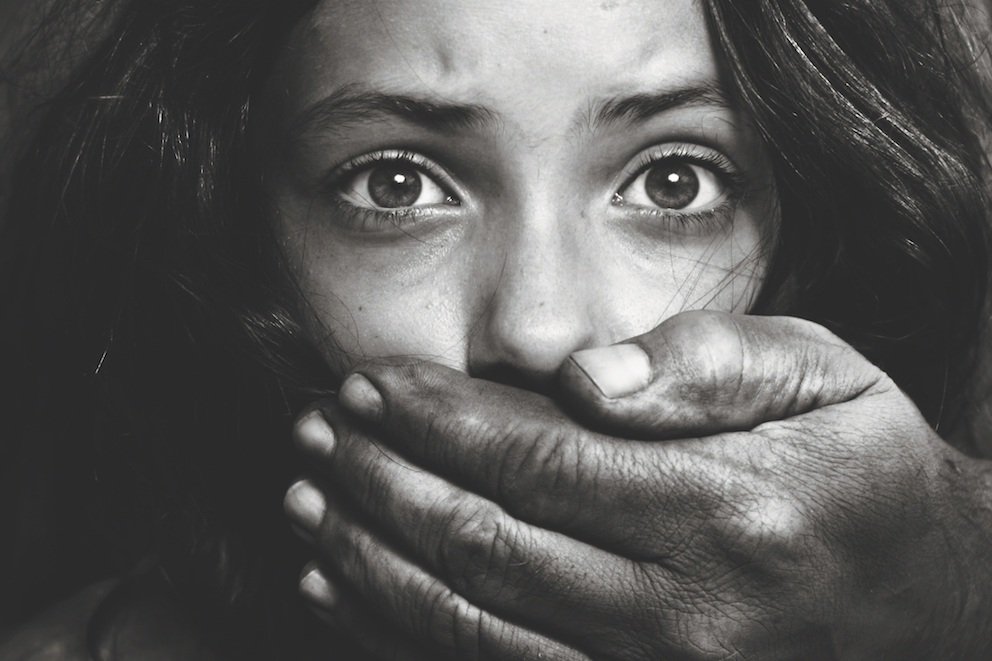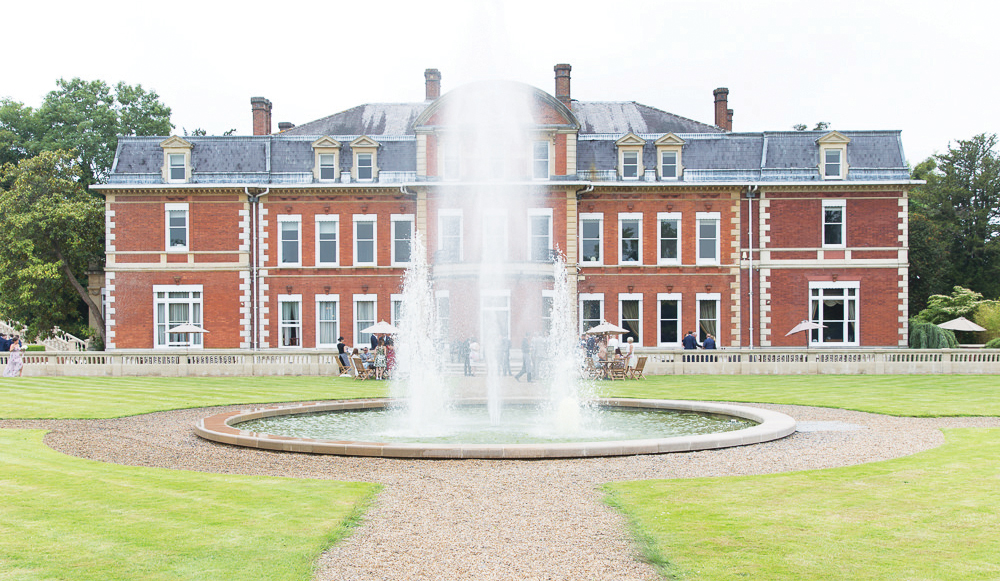
How often do you get your nails done? Your car washed? Pass a homeless person begging in the street? The chances are we all do these things fairly regularly but do you think about the workers who carry out these tasks or the homeless person who’s suddenly gone missing from their usual spot?
Do you also think about the supply chain you use as part of your business? Where are your goods and services coming from, who’s supplying those?
These people could all be victims of Modern Slavery, a crime hidden in plain sight. Government research has shown this issue to be much more prevalent than they thought and in 2015 the Modern Slavery Act was passed which aims to fight against this trade in human beings and big businesses can now be held accountable and fined large sums if slavery forms any part of their supply chain.
As a result of modern slavery, people are treated as commodities and exploited for commercial use. This affects men, women, boys and girls. They can all be a subject for exploitation and tricked into slavery by accepting the offer of a job or educational opportunities and then find themselves trapped in slavery. Once this has happened they can be traded between criminals and warned of terrible consequences if they try to escape. They are often too scared to contact the police as a result. You also have to keep in mind that often the victims have no concept that they are a victim of slavery. They can consider that the conditions they are being kept in are normal and are reluctant to leave.
The Surrey Police force lead for Modern Slavery and Human Trafficking, Detective Superintendent Karen Mizzi said ‘Modern Slavery and the trafficking of people is a serious crime and globally it ranks as one of the most lucrative businesses for organised criminal groups. It is our (Police) responsibility along with statutory, non-statutory and third sector partners to work together to identify and support victims, pursue offenders in order to bring them to justice’.
However, this is not just a job for law enforcement modern slavery is an issue that we all need to face, including those in our local business communities.
Estimates suggest that there are over 20 million victims of forced labour throughout the world and the majority of these are believed to be exploited within private sector businesses such as manufacturing, construction and agriculture.
When, in March 2015, The Modern Slavery Act became law, law enforcement agencies were given stronger powers, so perpetrators receive suitable punishment and victims can be better protected and supported. The Act also requires businesses to take responsibility not just for what they do, but what is done in their name.
Large businesses with a turnover of more than £36 million are now required to monitor and control their operations and supply chains. They have to make a statement each financial year on the steps they have taken to eliminate slavery and trafficking from their business model. Smaller businesses also have a responsibility as they can be part of those supply chains which are monitored in how they operate in respect of the Act.
Surrey PCC David Munroe said: “Modern slavery is sadly a big industry and I believe there is a clear role for businesses to identify, avoid and report it.
“It could be happening in your area. It could be happening right now in front of your eyes. I would ask you to please be vigilant to this type of criminality, particularly in any supply chains you may have, and report any illegal activity to the authorities.
“On July 3rd we will be holding an event in conjunction with the Surrey Chamber of Commerce, called Modern Slavery and Your Business, from 7.30am to 10.30am at the Guildford Harbour Hotel. We will be looking at Modern Slavery in Surrey and why tackling the labour supply chain matters to business.”
You can find out more at
https://www.antislavery.org/slavery-today/modern-slavery/
or call the modern slavery helpline on 0800 0121 700.
Modern Slavery - A CASE STUDY
Surrey Police achieved its first conviction for Modern Slavery following a multi-agency crackdown in Walton-on-Thames last summer.
Laszlo Egeresi, 37, and Gabor Olah, 25, both of Molesey Road, Hersham, were found guilty on 9 March of human trafficking offences following a five-week trial at Kingston Crown Court.
They were arrested after officers carried out warrants on three addresses in the early hours on Friday, 23 June. They were joined by officers and staff from the National Crime Agency, the Department of Work and Pensions, The Salvation Army and the Red Cross.
Officers were acting on information that EU nationals who were working legally as kitchen staff were being exploited for excessive accommodation, transport and administrative costs.
The activity was focused on establishing the status of workers at the locations to see if they were victims of human trafficking or were being exploited through slavery, poor living conditions or low, non-existent wages, or through financial exploitation for the benefit of others.
The challenging case involved months of hard work as well as having to persuade one of the victims to come back from Hungary to give evidence.
Investigating officer Detective Constable Alex Protts said: “We were delighted with this result after months of hard work. This operation was not only about tackling those that exploit vulnerable people through human trafficking and modern day slavery but also to hold out a lifeline to help those that are victims of these crimes.”






